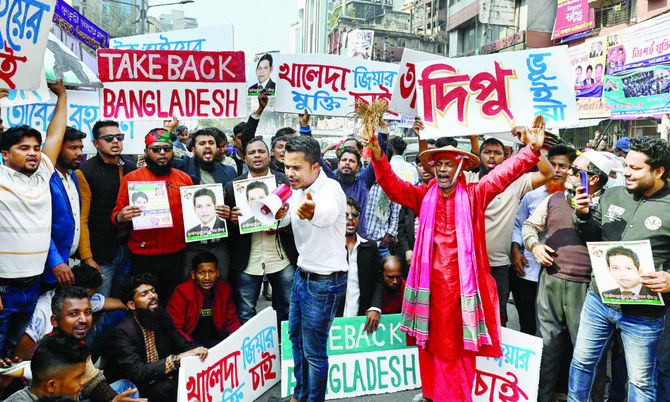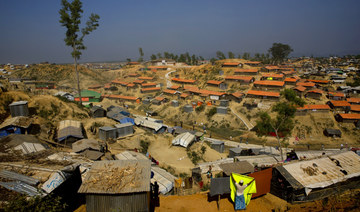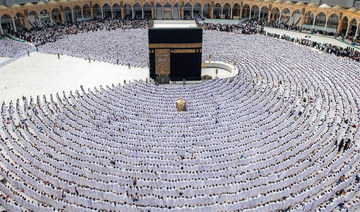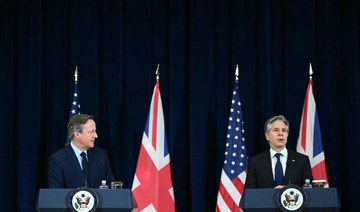DHAKA: Bangladeshi activists have called for clarity over the government’s reported purchase of sophisticated surveillance technology from Israel amid concerns about possible violations of constitutional rights.
The Israeli daily Haaretz reported earlier this week that Bangladesh had bought the controversial spyware for nearly $6 million from a company run by a former commander of the Israeli intelligence’s technology unit. Since Bangladesh has no relations with Israel, the purchase was allegedly made through Cyprus and the technology reached the South Asian country in June last year.
When the news broke out, Transparency International Bangladesh issued a statement on Thursday night, saying that the use of such technology poses the risk of violating several fundamental constitutional rights.
“The citizens have the right to know the government’s precise explanation about the extent of buying and using technology that undermines the privacy of their personal information and communication, safety, freedom of expression and thought, and is a potential threat to life and livelihood,” the watchdog’s Executive Director Dr. Iftekharuzzaman said in the statement.
“There is no room for doubt that such technology has already reached the relevant agencies of the government.”
Officials of the National Telecommunication Monitoring Center, a government agency responsible for monitoring communication data, were not available for comment despite repeated attempts to reach out to them.
A member of the ruling Awami League and special assistant to the Bangladeshi prime minister, Biplob Barua, told Arab News the Israeli media report was for him a disinformation attempt against the government.
“As per my knowledge, the government didn’t purchase any Israeli devices…Nowadays, everywhere there is some propaganda going on against our country. If any Israeli media published any news regarding this, I can say that it’s a conspiracy against our government,” he said.
“We don’t have any diplomatic communication with Israel. If any report is published by them, they can say better on this. From our side, it’s totally baseless. It’s a part of ongoing organized propaganda against the government.”
The opposition, however, had heard about the Israeli spyware purchase even before the Haaretz report.
“Earlier also, we heard that the Bangladeshi government had purchased Israeli surveillance devices. As politicians or political activists, we are the victims of these devices,” said Shama Obaed, secretary of the Bangladesh Nationalist Party.
“Anyone can be framed with false cases with the support of these devices…It violates the privacy of any citizen.”
But to some security experts, like Maj. Gen. (Rtd.) Abdur Rashid, head of the Institute of Conflict, Law and Development Studies in Dhaka, the purchase of surveillance technology by governments is justified in addressing crime.
“In Bangladesh, we have a big threat of extremism and transnational organized crime. These groups are very strong. There are issues of illegal drug and arms trade, human trafficking…The criminals are being captured through mobile tracking technology,” he said.
“So far, we haven’t received any information that these devices are being used against the opposition party. The purchase of the devices doesn’t necessarily mean that these devices are already in operation…We will watch whether these devices are used against the constitutional rights of the people.”
The monitoring of communication by intelligence is an increasing worry in Bangladeshi civil society.
Prominent rights activist Mohammed Nur Khan told Arab News it has been happening for quite some time. The purchase of Israeli spyware only rendered it further problematic.
“We don’t have diplomatic relations with Israel, and we are purchasing Israeli devices through a third country. It’s nothing but a clever act…People’s money is being spent on buying this sort of device. From a moral point of view, it doesn’t have a strong ground.”

























